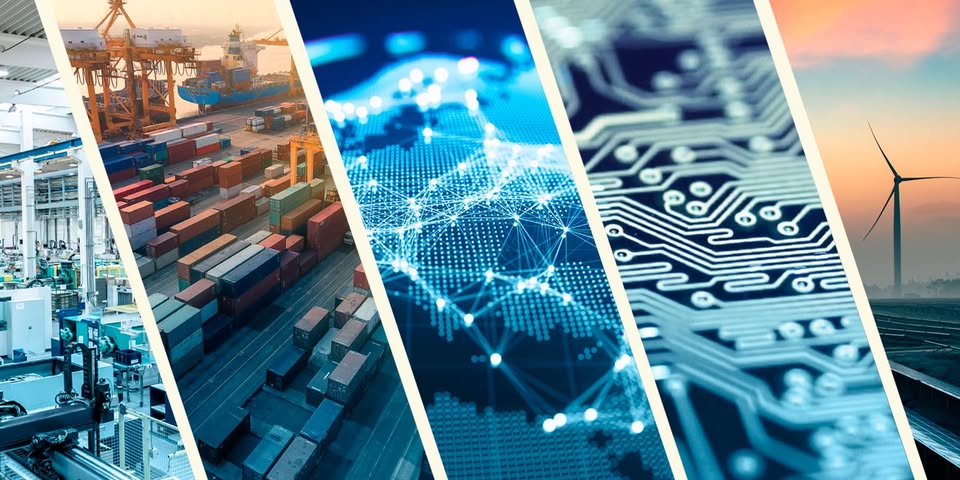- The venture debt financing arrangement will support a recognised French tech player experiencing strong growth in the circular economy.
- It will contribute to resource conservation and pollution reduction in waste treatment.
- It will also strengthen corporate competitiveness by facilitating the supply of composite materials that are essential to many sectors.
The European Investment Bank (EIB) and Fairmat, a French company specialised in recycling carbon fibre composite materials, have signed a €25 million venture loan agreement. Founded in 2020, the company is a pioneer in recycling carbon composite, and has developed a recycling process that is almost carbon-neutral and saves four times the CO2 compared to producing new composite.
This initial EIB financing arrangement for Fairmat is part of a total fundraising package of €51.5 million. It consists of the EIB venture debt loan of €25 million and capital contributions totalling €26.6 million from Bpifrance through its Large Venture fund, Slate Venture Capital, the family office Cape Capital, and existing investors Singular, Temasek, CNP and Pictet Group. This is Fairmat’s third round of fundraising, after the first round of €8.6 million in September 2021, followed by a Series A round of €34 million in November 2022.
This EIB investment will enable Fairmat to accelerate its industrialisation process, strengthen its presence in the United States and further diversify into new sectors that increasingly use composite materials. Fairmat is already well established in the sports sector, which uses material recycled from waste from the aeronautics, automotive and wind industries to make running equipment and snowshoes. It is continuing to branch out into in wider industries like mobility, electronics and energy.
The company has secured 2 900 tonnes of material per year, and contracted for €50 million in annual revenue in the growing market for sustainable materials. It was estimated at €330 billion in 2024, and is expected to reach €640 billion by 2033. Demand is driven by manufacturers’ need to find efficient, recyclable solutions that do not come with additional environmental costs.
Industrialising composite recycling at Fairmat relies on data, AI and robotics to optimise each batch of recycled material in real time. Its two plants – in Bouguenais in the agglomeration of Nantes in France, and Salt Lake City, Utah in the United States – use sensors and predictive algorithms to improve production, reduce losses and accelerate the adoption of industrial processes.
The EIB is actively supporting the transition to a circular economy through the recycling and recovery of waste, which is rising continuously on the global level. In the European Union, people and businesses produce more than 2 billion tonnes of waste per year – 4.8 tonnes per capita – mainly from construction, mining and industry. Since 2020, the EIB has devoted around €5 billion to co-financing circular economy projects in various sectors.

